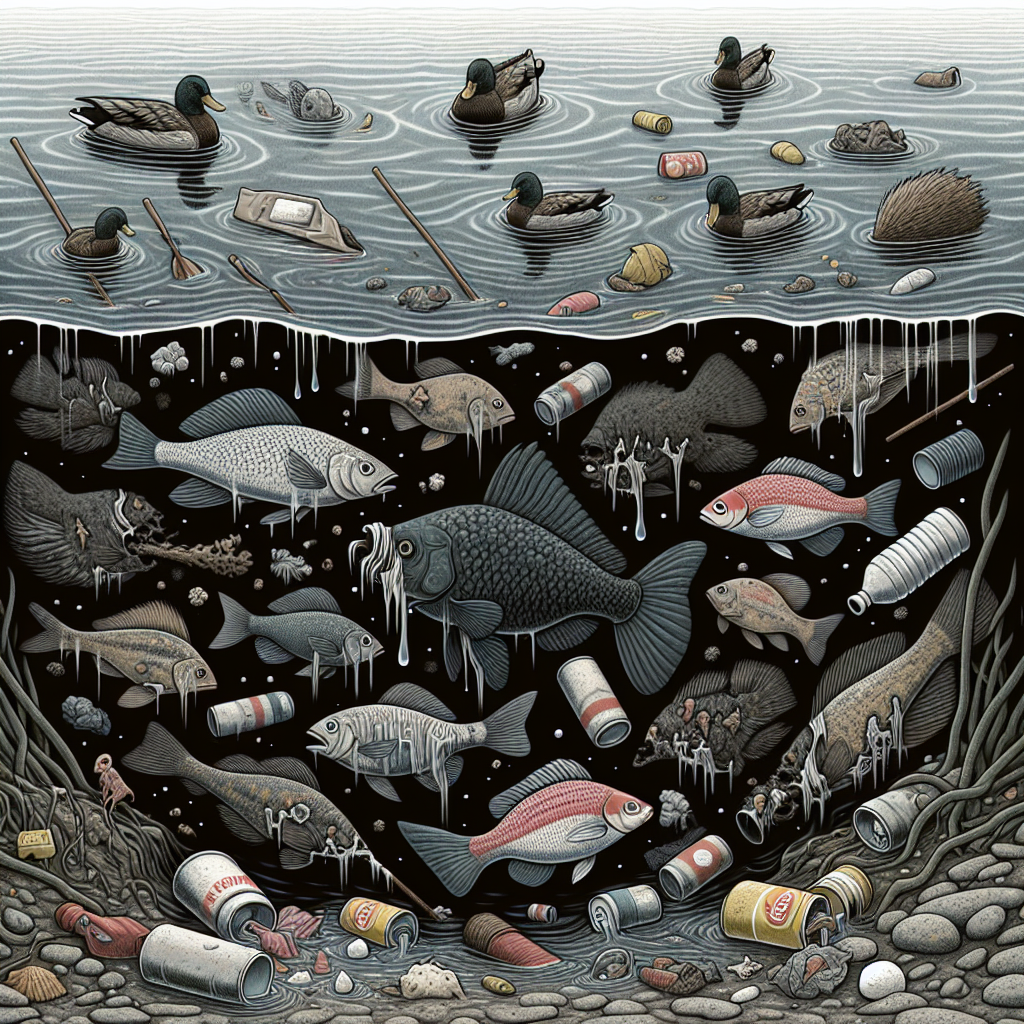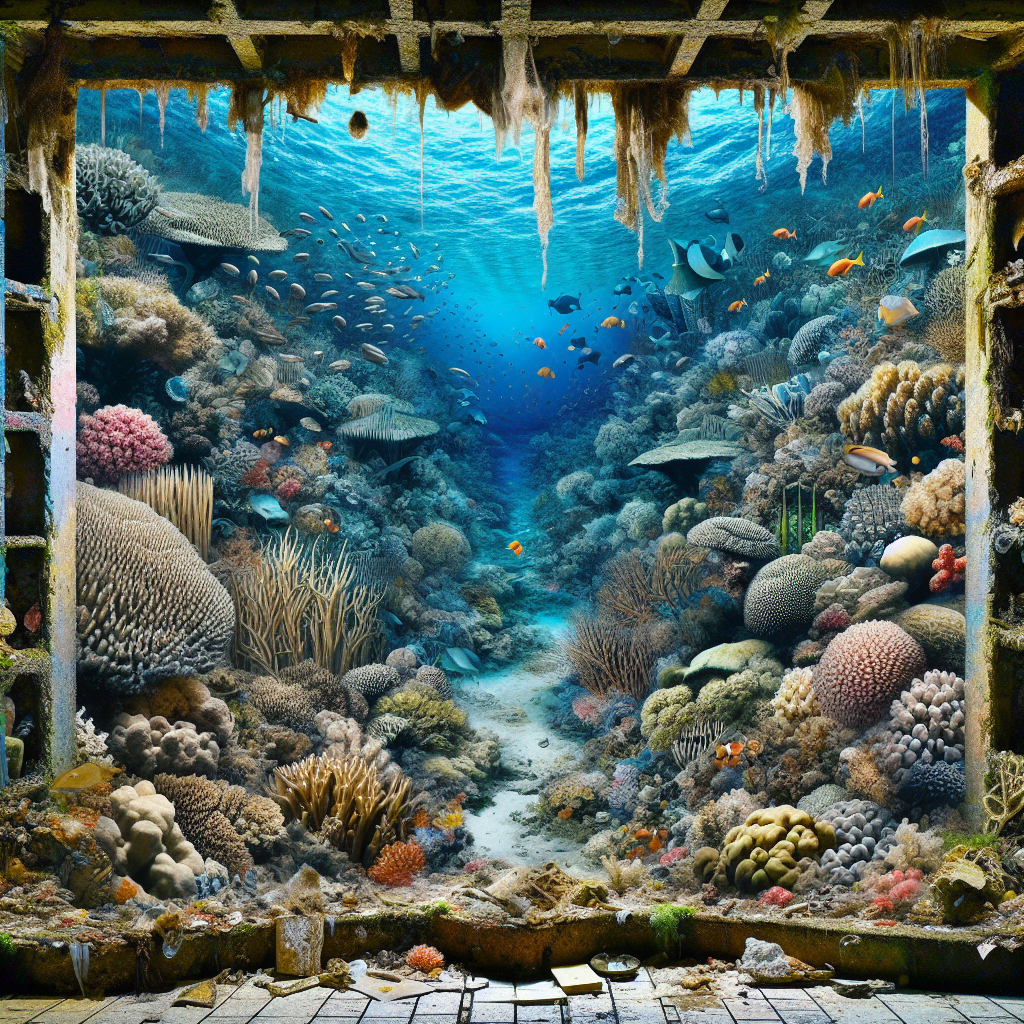Exploring Aquatic Impacts
Water is the lifeblood of our planet, and the aquatic life within it is an integral part of the world's ecosystems. Life in our waters ranges from the smallest microorganisms to the largest mammals, all interconnected in a delicate balance. However, humanity's cultural practices and economic activities have significant impacts on these creatures and their habitats. This article delves into how our actions affect aquatic life and what we can do to mitigate the negative consequences.
Global Pollution Sources
Water pollution is a direct result of human activity. Chemicals from industries, agricultural runoff, and waste disposal lead to contaminated waterways that harm aquatic organisms. Microplastics have also infiltrated our oceans, affecting marine species from plankton to whales. These pollutants can cause health problems, reproductive issues, and even lead to the decline in certain species populations.

Climate Change Effects
Rising temperatures due to global warming have a domino effect on aquatic ecosystems. Coral bleaching, caused by increased water temperatures, threatens coral reefs, which are essential nurseries for marine life. The melting of polar ice caps is also altering habitats for species like polar bears and penguins, and changing the saline balance in oceans, which can affect ocean current patterns and the distribution of aquatic life.
Overfishing and Exploitation
Many economies depend on fishing as a source of food and income. However, unsustainable fishing practices lead to overfishing, which depletes fish stocks and disrupts the food chain. Bycatch, the accidental capture of non-target species, further exacerbates this problem. Strict regulations and sustainable fishing practices are essential to preserve marine life for future generations.
Habitat Destruction
Development projects such as dam construction, coastal development, and mining often lead to the destruction of natural aquatic habitats. Wetlands are drained, rivers are diverted, and seabeds are altered, which not only affects the species that live there but also the quality of water and its availability for humans and other land-based ecosystems.

Solutions and Conservation
In light of these impacts, conservation efforts are crucial. Creating marine protected areas, enforcing pollution control regulations, and community education can all contribute to healthier aquatic environments. Additionally, supporting sustainable seafood and reducing plastic use can have a positive effect on marine life.
Resilient Ecosystems
Despite the challenges, aquatic ecosystems have shown resilience. With proper management, depleted fish stocks can recover, and polluted waters can be cleansed. It's a testament to the power of concerted global efforts to make a difference in the health of our planet's waters.
Our Collaborative Role
In conclusion, humans have the potential to either disrupt or enhance aquatic ecosystems. By understanding and addressing the cultural and economic impacts on these vital habitats, we can take steps towards ensuring the diverse and vibrant life below water continues to thrive. Education about environmental stewardship and ongoing research into sustainable practices are vital as we aim to balance human needs with the health of our planet's aquatic life. Learn more about the social and economic impacts of marine plastic.